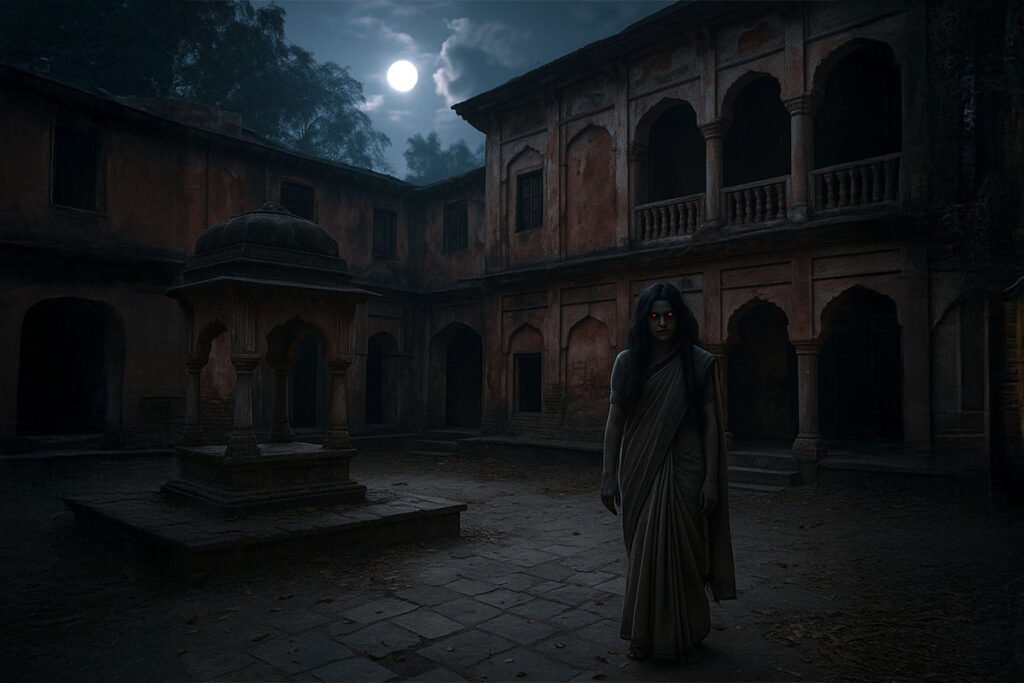In a quiet village nestled along the banks of the Ganges in Uttar Pradesh, lived a young woman named Kamala. She was kind, modest, and known for her delicate beauty. When she turned sixteen, her family arranged her marriage into a seemingly respectable household from a neighboring village. Her new family was well-off, but what appeared polished on the outside hid something dark and cruel inside.
Kamala’s in-laws, especially her mother-in-law and elder brother-in-law, treated her not as a daughter of the house but as an unpaid servant. Her husband, Prakash, remained distant—more loyal to his mother than his own bride. Kamala’s days were filled with endless chores, verbal insults, and isolation. She wrote letters to her parents, but they were intercepted or dismissed by the family. Her voice, like her spirit, began to wither in silence.
One monsoon season, after only a year of marriage, Kamala fell mysteriously ill. Her skin turned pale, her lips cracked, and she grew weaker by the day. The village doctor was called, but his remedies made no difference. One night, she collapsed in the kitchen and died before anyone could react.
Her death was hastily explained as “a sudden illness,” and the family performed her last rites quickly and quietly. No one from her side of the family was informed until it was too late.
But death was not the end of Kamala’s story.
Just a few weeks later, strange things began happening around the house. Dishes would shatter on their own, mirrors cracked without reason, and a chilling breeze lingered in Kamala’s room no matter how warm the day. The eldest son of the family woke up one night screaming—he said a woman with long black hair and burning red eyes had stood over him, whispering his name.
At first, the family dismissed these signs. But then, the men in the house began falling mysteriously ill—each one experiencing nightmares, fevers, and hallucinations. The family priest was called, but his chants failed. A local healer tried to intervene but fled the house in terror, claiming the spirit that lingered was no ordinary ghost—it was a Churel.
Terrified, the family sought the help of Baba Haridas, a reclusive Tantrik(exorcist) known for his knowledge of restless spirits. He entered the home at midnight, lit sacred fires, and began his ritual. As the chants grew louder, a violent wind swept through the home. Doors slammed shut. Lamps flickered. Then, Kamala appeared.
Her face was no longer the gentle one they remembered. Her eyes glowed red, her hair flowed like black smoke, and her voice echoed with grief and rage. “You fed me silence,” she cried, “Now you will taste it too.”
Baba Haridas pleaded with the spirit. He promised her peace if the family atoned. Trembling, the family offered prayers, built a shrine in her name, and made donations to orphaned girls in the village—seeking forgiveness for their cruelty.
Only then did Kamala’s spirit fade.
From that day forward, the house was never haunted again. But the story of Kamala lived on in the village. People whispered her name whenever another bride was mistreated. Her tale became a warning passed down through generations:
“The living may be silenced, but the wronged never rest.”








